Livestock Cooling
Animals, like humans, are happier and more productive when comfortable
Livestock cooling is vital in keeping your farm animals cool and comfortable in the summer season. Maintaining animal comfort by means of controlling their surroundings will make them healthier resulting in increased yields in eggs, milk and meat production.
Studies have shown that heat stress causes animals to cut food intake which leads to its weight loss, and decrease in milk production and breeding output. Whereas for hatcheries, humidity can affect the egg shell’s strength and density, as well as the chicks’ early stages of growth and mortality.
Farmers commonly use shades, but more often find it insufficient to provide comfort for their livestock. The addition of ventilation and misting systems in farms and pens is an effective method to cool down your livestock.


Improve your livestock health management
The misting system operates by using atomizing nozzles to spray ultra-fine water droplets on the animals. These water droplets quickly absorb the heat present in the surrounding area and evaporate, becoming water vapor or gas. The energy used to change the water to gas is eliminated from the environment, and the air is cooled. The use of misting fans is encouraged for added ventilation.
EMergyKool’s comprehensive livestock cooling solutions provide an effective approach in animal cooling and livestock health management, that enables farmer to operate and produce under optimum conditions. Our misting systems rectify problems concerning heat stress, high humidity levels and even pest, in livestock farming.
Misting and Poultry
Dealing with summertime heat is a great challenge for poultry. All types and ages of poultry are susceptible to heat stress, but older poultry face a bigger risk. As poultry get older, they increase in size as well as insulation (feathering). This makes it harder for them to dissipate heat.
The most obvious sign of heat stress in poultry is panting. Poultry do not have sweat glands that can cool their skin, so instead they must use evaporation from their throat and respiratory system as a means of cooling themselves.
Panting takes a lot of energy which, in turn, generates an appreciable amount of body heat for poultry. Ultimately, if poultry are not relieved of heat stress, their body temperature can continue to rise and increase the possibility of mortality. Fortunately, there are several things you can do to help your poultry flock handle heat stress.
Placing poultry in a well-ventilated area will help reduce the incidence of heat stress. In addition, a misting or fogging system can be used to help the birds cool themselves. The combination of poultry cooling and ventilation is an effective strategy to maximize your hens’ laying performance.


Misting and Dairy Cows
Studies have found that at temperatures as low as 26°C, dairy cows will begin to cut feed intake and lose body weight. Milk production falls. Reproductive performance, health, and lactational performance are affected. Heat stress will continue to affect performance even in the cooler months ahead. High yielding cows are most susceptible to heat stress.
The degree of heat stress suffered by the cow will depend on the combination of environmental conditions, including air temperature, relative humidity, air movement, and radiation from the sun. Dairymen use shades, fans, and ample fresh drinking water to help herds beat the heat; but often shade and ventilation are just not enough. In the Middle East, where heat and humidity are more severe, dairymen have also used sprinklers to provide added cooling effects.
Research has shown that intermittent misting in combination with shade and forced air movement is a very effective method of cooling dairy cows, thereby reducing the production losses experienced during hot humid weather conditions. By using a high-pressure misting nozzle, enough water can be applied to fully cool the cows. The water is then allowed to evaporate, which pulls heat from the air and the animal, in the form of sweating.
Overall, the combination of misting systems, including fans, provided the best choice in several studies, because water use and waste-water runoff were reduced compared to standard spray systems. The increased air movement provided by fans, makes this system most efficient.
Benefits of Livestock Cooling
- Prevents heat stress on livestock
- Animal cooling increases egg, milk and meat production
- Easy installation and maintenance
- Low energy consumption
- Extends breeding period and growth rate
- Odour control




